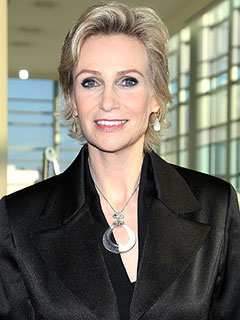With large numbers of Los Angeles voters yet to make up their minds, a new poll shows that first-term City Atty. Carmen Trutanich is struggling to stay afloat as Tuesday's primary election approaches.
Trutanich is in a statistical dead heat for second place with private attorney Greg Smith. Former lawmaker Mike Feuer enjoys a slight edge over both as the three candidates battle to advance to an expected May runoff.
Feuer, who served on the City Council and then in the state Assembly representing the city's Westside, was the choice of 23.8% of those surveyed for the USC Sol Price School of Public Policy/L.A. Times Los Angeles City Primary Poll, while 16.4% favored Trutanich, who won the office in a 2009 upset. Smith, a first-time candidate who has pumped more than $800,000 of his personal wealth into the race, was preferred by 15.2%.
But the poll has a margin of sampling error of 4.4 percentage points in either direction. Furthermore, 40% of those surveyed said they hadn't decided on a candidate.
"Feuer maintains a small advantage," said Dan Schnur, director of the Jesse M. Unruh Institute of Politics at USC. But, he added, Smith's television and radio advertising and incumbent Trutanich's name ID "could change that," particularly with so many undecided voters.
Just 4.7% of respondents favor a fourth candidate on the ballot, private attorney Noel Weiss. Weiss, who also ran for the post in 2009, has not had the money to mount a viable campaign.
The bipartisan telephone survey canvassed 500 likely voters in the city from Feb. 24 through 27. It was conducted jointly by the Benenson Strategy Group, a Democratic firm, and M4 Strategies, a Republican company.
Earlier independent surveys by other organizations showed that Trutanich had started the race with a lead. But he got into the contest late — after failing to make the runoff in his bid for county district attorney last year — and has not been able to match the campaign treasuries of Feuer and Smith, both earlier entrants in the contest. The blunt-spoken Trutanich, who has tangled publicly with the mayor and City Council, has also alienated some of his past supporters with his style and his decision to run for D.A. despite his 2009 campaign promise to serve two full terms at City Hall before seeking another post.
"To the extent that voters know about the candidates, this race is a referendum on Carmen Trutanich," Schnur said.
In the survey, Trutanich did somewhat better than Feuer and Smith among Latinos: 22.8% of voters in that group said they would vote for the incumbent, compared with 17.8% for Feuer and 12.7% for Smith. Feuer fared best among whites — 26.1% favored him, while Trutanich and Smith were backed by 16.7% and 16.4%, respectively.
Feuer also fared better with female voters (25%) than either Trutanich (13%) or Smith (14%). A Democrat, Feuer also did best among voters who identified with that party — 32% preferred him to Smith, another Democrat, who was chosen by 11%; while 15% favored Trutanich, a former Republican who is currently unaffiliated with a party. Among Republicans, who make up about one-fifth of the city's voters, Trutanich and Smith tied with 23% apiece, while 8% preferred Feuer.
jean.merl@latimes.com










